The New "Big 3" ISO Standards: Building a Unified Framework for Security, Privacy, and AI Governance: - ISO 27001, ISO 27701, and ISO 42001
Welcome to a new era of digital responsibility—one where security, privacy, and AI governance must work hand in hand, not in isolation. The rapid adoption of artificial intelligence (AI), growing global privacy regulations, and an ever-evolving threat landscape are pushing organizations to rethink how they manage risk, trust, and compliance.
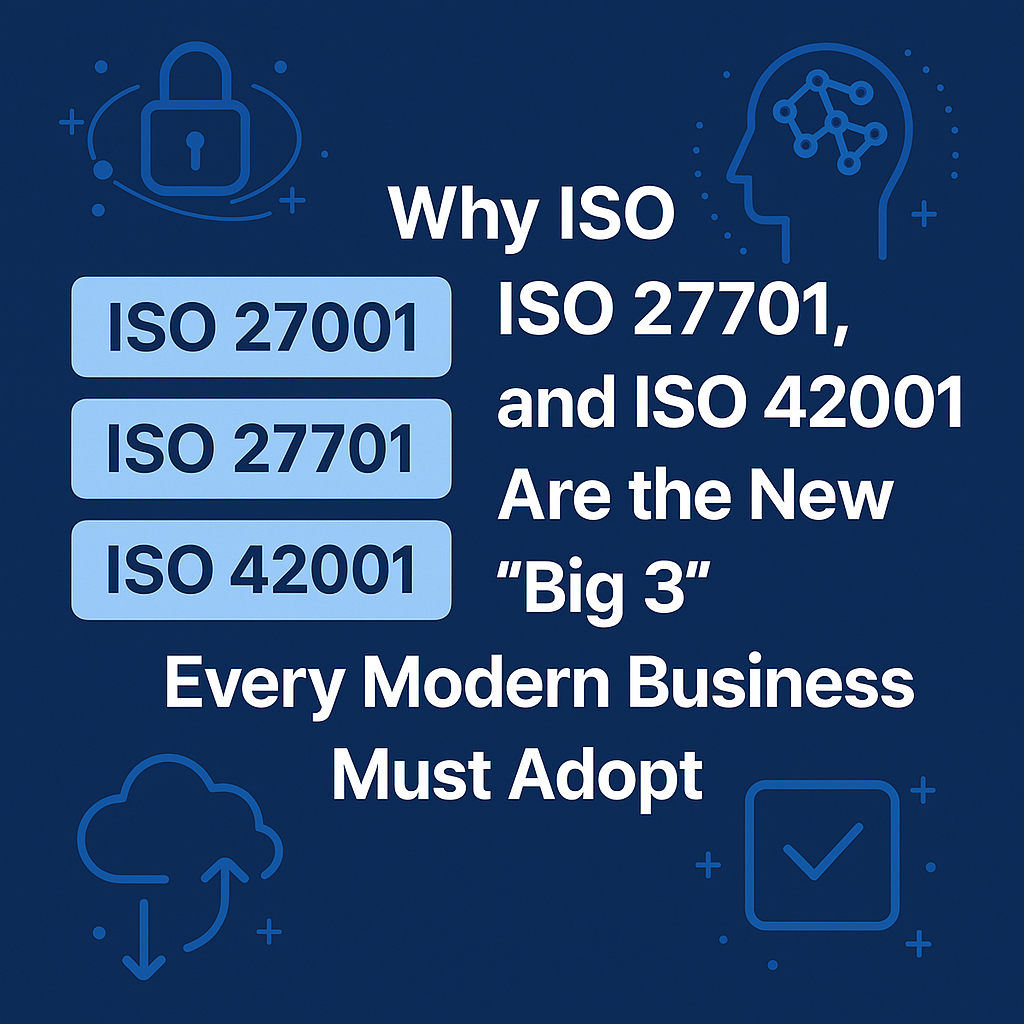
Enter the new “Big 3” of ISO standards - The Triad of Modern Governance Standards
- ISO 27001 – Your Information Security Management System (ISMS). It helps protect critical data and IT infrastructure from breaches and unauthorized access.
- ISO 27701 – Your Privacy Information Management System (PIMS). An extension of ISO 27001 that focuses on privacy and regulatory compliance with laws like GDPR and CCPA.
- ISO 42001 – The Artificial Intelligence Management System (AIMS). A game-changing new standard that guides responsible development, deployment, and governance of AI systems.
Let's explore how these standards work together to create a comprehensive governance framework that meets today's complex regulatory and technological demands.
Why It’s Time to Stop Managing These ISO Standards in Silos

Most companies are excited—or at least scrambling—not to be left behind in the AI adoption race. But many aren’t considering the governance implications. ISO 27001 and 27701 have served as foundational pillars in cybersecurity and privacy compliance. Now with the emergence of ISO 42001, the landscape is rapidly evolving.
Here’s the truth: Managing ISO 27001, ISO 27701, and ISO 42001 separately only increases organizational complexity and risk exposure. These standards overlap in critical areas such as:
- Data governance
- Risk assessment and mitigation
- Audit readiness
- Stakeholder accountability
The siloed approach to governance is becoming increasingly obsolete. Forward-thinking organizations recognize that security, privacy, and AI governance share fundamental principles and objectives:
- They all focus on responsible data handling
- They all require risk assessment methodologies
- They all demand organizational accountability
- They all need continuous monitoring and improvement
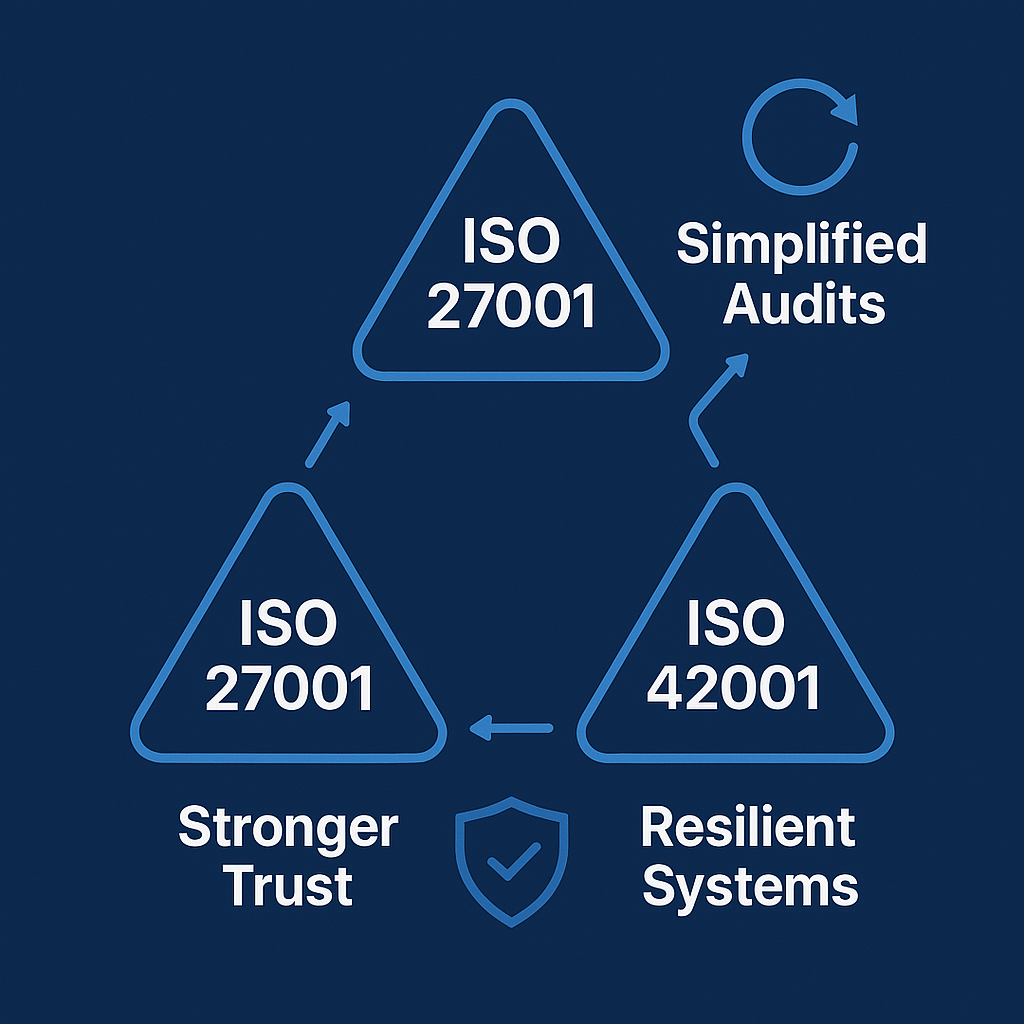
By treating these standards as a unified framework rather than separate initiatives, companies can:
Simplify audits and reduce documentation duplication
Build stronger accountability structures across departments
Reduce compliance fatigue for your teams
Stay ahead of ethical and regulatory AI challenges
Streamline risk management and incident response
And let’s be honest—this unified approach isn’t just efficient. It’s smart business.
ISO 27001: Your Information Security Bedrock
ISO 27001 establishes the framework for an Information Security Management System (ISMS), providing systematic approaches to protect your organization's sensitive data and critical systems from breaches and attacks. This standard has become the global benchmark for security best practices, helping organizations identify vulnerabilities and implement appropriate security controls.
ISO 27701: Extending Security to Privacy Management
Built as an extension to ISO 27001, ISO 27701 creates a Privacy Information Management System (PIMS) that addresses the growing importance of data privacy. This standard helps organizations comply with regulations like GDPR and CCPA while establishing privacy-by-design principles throughout their operations.
ISO 42001: The New Frontier in AI Governance
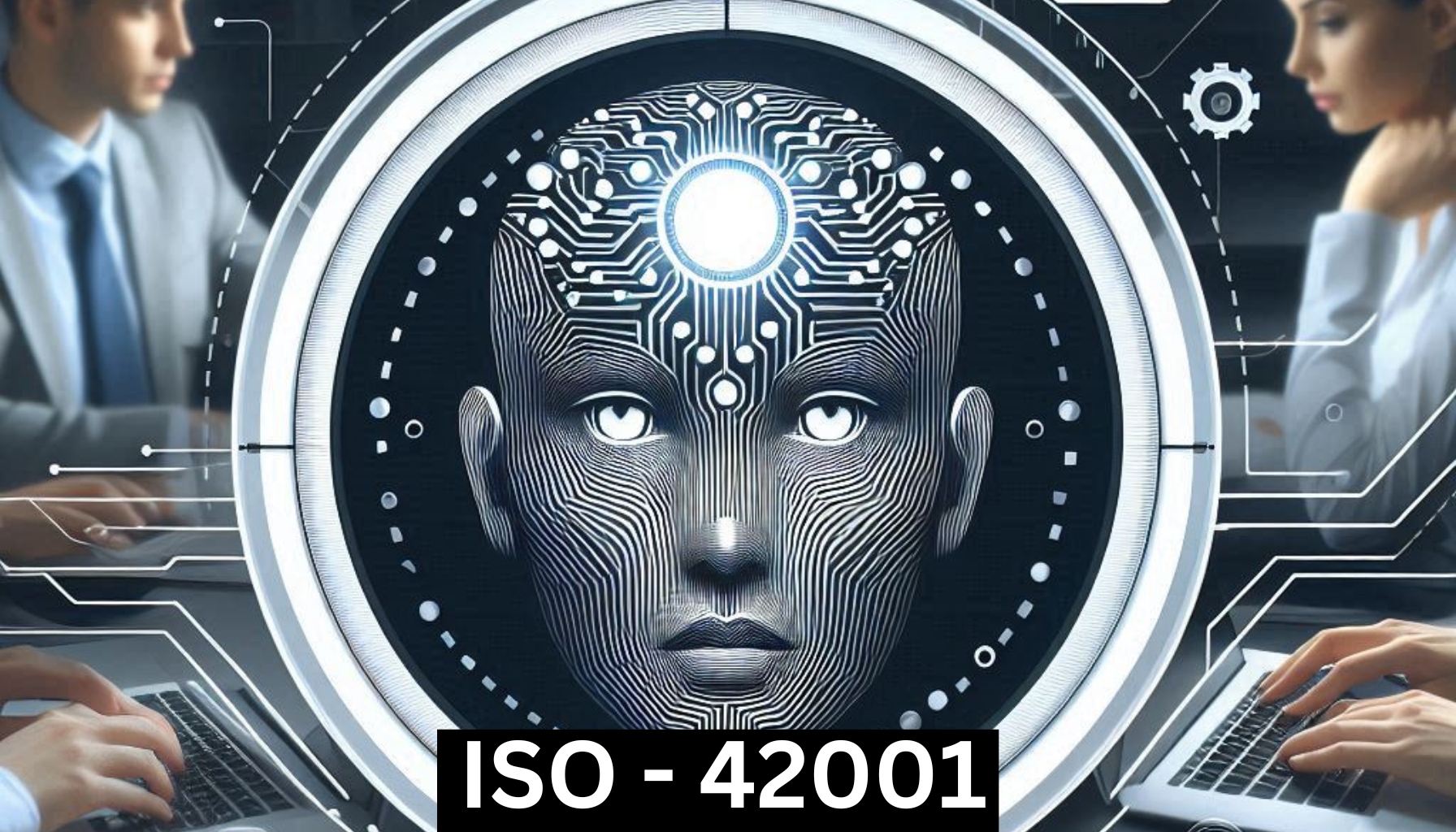
ISO 42001 Is the Future of Responsible AI Governance
ISO 42001 may be new, but its relevance is already undeniable. AI systems are becoming more pervasive across industries—from finance and healthcare to logistics and marketing. And with that growth comes risk. Bias, misuse, and lack of transparency in AI models can lead to reputational, legal, and operational fallout.
ISO 42001 gives us the structure to govern AI responsibly. It helps align innovation with ethics and enables organizations to build trust with customers, regulators, and the public.
This is more than a compliance exercise. It’s about creating a future where technology and responsibility go hand in hand.
The AI Governance Imperative
The introduction of ISO 42001 represents a critical turning point. While some organizations enthusiastically embrace AI technologies, others cautiously join the trend to remain competitive. However, many fail to implement proper governance structures around their AI initiatives.
This governance gap creates significant risks:
- Potential algorithmic bias leading to discriminatory outcomes
- Privacy violations through improper data usage in AI training
- Security vulnerabilities in AI systems and infrastructure
- Ethical concerns regarding automated decision-making
ISO 42001 provides the foundation for addressing these challenges while complementing existing security and privacy frameworks.
Creating Your Unified Management System
Implementing these three standards as an integrated management system requires strategic planning:
- Identify overlapping requirements across the standards
- Establish unified governance structures and responsibilities
- Develop harmonized documentation and policies
- Implement consistent risk assessment methodologies
- Create integrated audit and monitoring processes
The effort invested in this integration pays significant dividends through reduced complexity, stronger controls, and more efficient compliance operations.
Looking Ahead
As organizations navigate digital transformation, those adopting this unified approach to governance will gain competitive advantages through:
- Enhanced regulatory compliance capabilities
- Stronger risk management frameworks
- More resilient security postures
- Greater stakeholder trust
- Simplified compliance demonstration
For GRC professionals, the convergence of these standards represents an opportunity to elevate governance from a compliance exercise to a strategic business enabler.
Conclusion
The trifecta of ISO 27001, ISO 27701, and ISO 42001 have emerged as the essential foundation for organizations seeking to build trust while managing complex technological environments. By integrating these standards into a cohesive framework, companies can address the interconnected challenges of security, privacy, and AI governance while creating more resilient and responsible organizations.
As AI adoption accelerates and regulatory requirements intensify, this unified approach will become increasingly valuable. Organizations that embrace this integrated vision today will be better positioned to navigate tomorrow's governance challenges.
Final Thoughts: It’s Time to Evolve
If your organization is already compliant with ISO 27001 or ISO 27701, congratulations—you’ve built a strong foundation. But don’t stop there. ISO 42001 is the missing piece that connects the dots between security, privacy, and AI governance.
Embracing the “Big 3” ISO standards as a cohesive, integrated framework will not only future-proof your organization but also position you as a leader in digital trust and compliance.



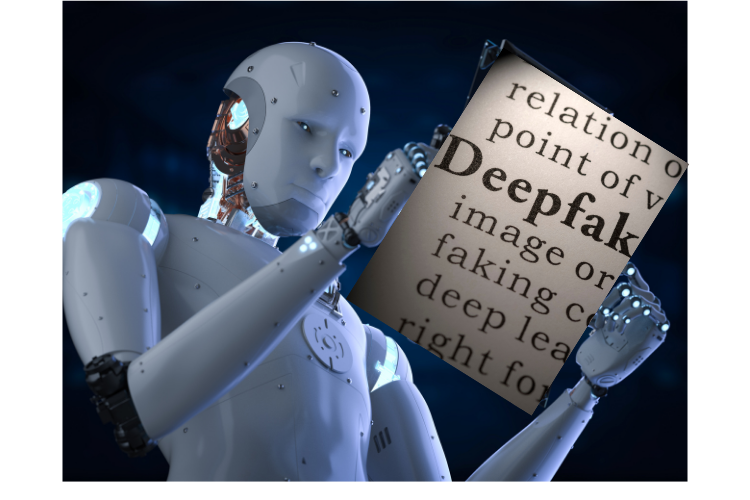


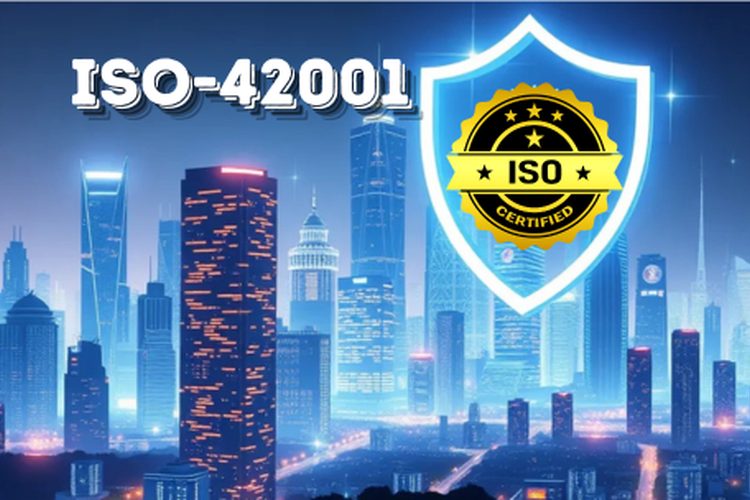





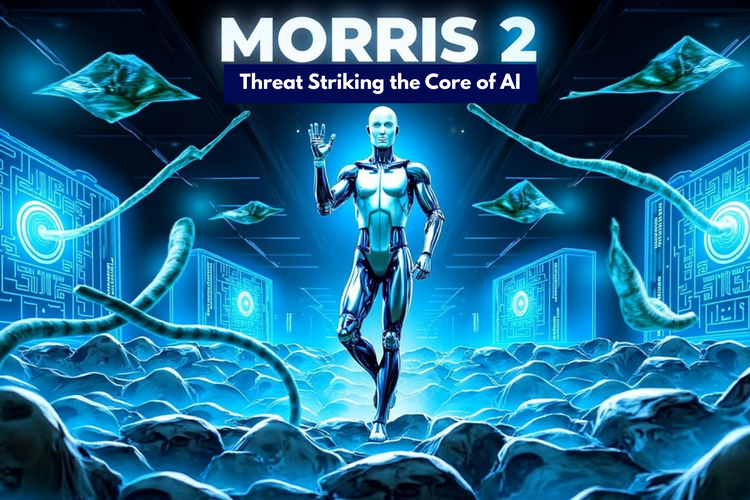
Thanks so much. I never thought of it that way. Thanks for shading light on this.
Posted at April 14, 2025, 3:03 p.m.